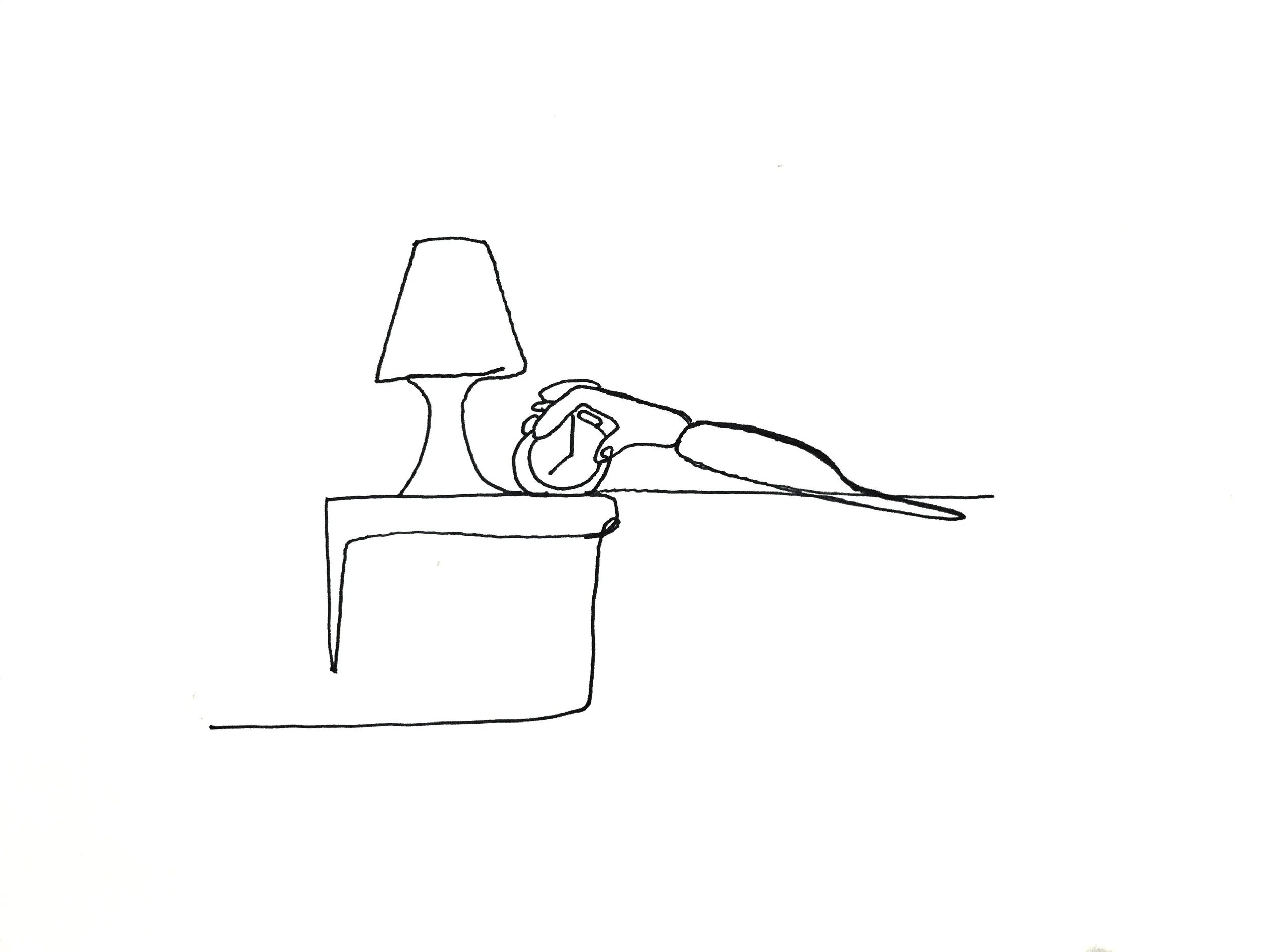
Circadian Clock & Sleep
Chronobiology is a thriving research field that spans all biomedical disciplines, ranging from molecular biology and metabolism to psychology and internal medicine. Circadian rhythms are generated at the molecular level in practically all cells of the body. This ensemble of clocks forms the body clock or “circadian system” that coordinates every aspect of our biology on a daily basis—from the cells, tissues and organs up to the concerted regulation of metabolism or higher functions like sleep-wake behaviour, immune responses or cognition. With the help of a “master clock” in the brain, the mammalian circadian system actively synchronises (entrains) to light and darkness via the eyes. Industrialisation and urbanisation have drastically changed the way we expose ourselves to light and darkness, and consequently how our clocks entrain. These changes have led to the modern syndrome of social jetlag, a misalignment between circadian and social time. In most of us, the circadian clock is so delayed that we have to interrupt our natural sleep with an alarm clock to be awake for work/school schedules. Shiftworkers suffer from the most extreme form of social jetlag. A growing body of studies show that this misalignment is associated with health deficits, including various metabolic, cardiovascular and psychiatric syndromes and even increased cancer risks.

Circadian clocks: how rhythms structure life
You would like to know more about the Circadian Clock? Take our free Online Course.
This course is geared towards starting undergraduate students. A solid background in biology will be helpful but not absolutely essential. The material will be of interest to those who are pursuing a career in any of the life sciences as well as anyone who has run up against their biological clock.
Social Jetlag
Till Roenneberg first coined the term “Social Jetlag” in 2006 to describe the discrepancy between what the body clock wants us to do and what society wants us to do. Based on the very systematic difference between people’s sleep timing on workdays and that on work-free days, he showed that societal time frames made people live against their body clock.
